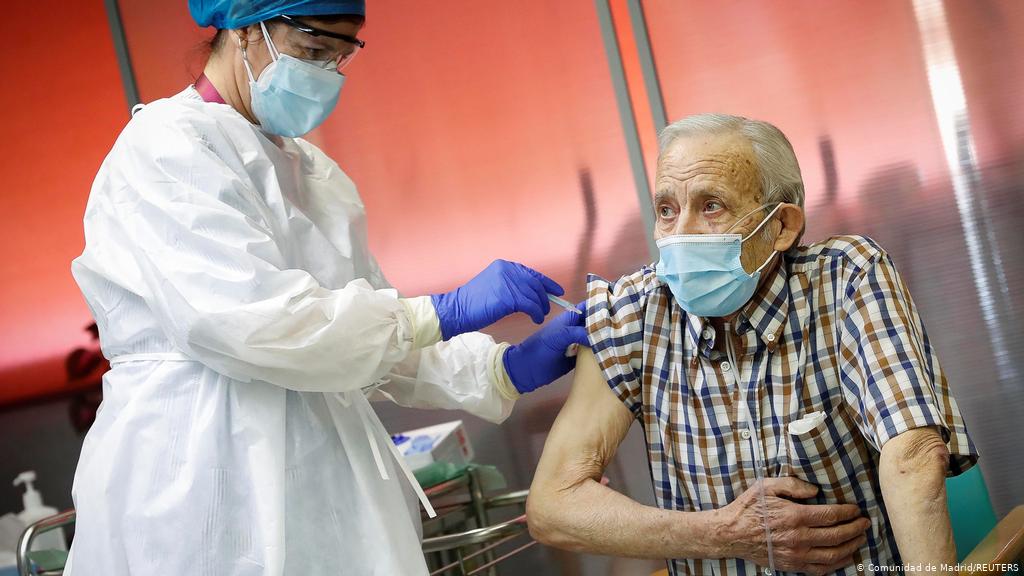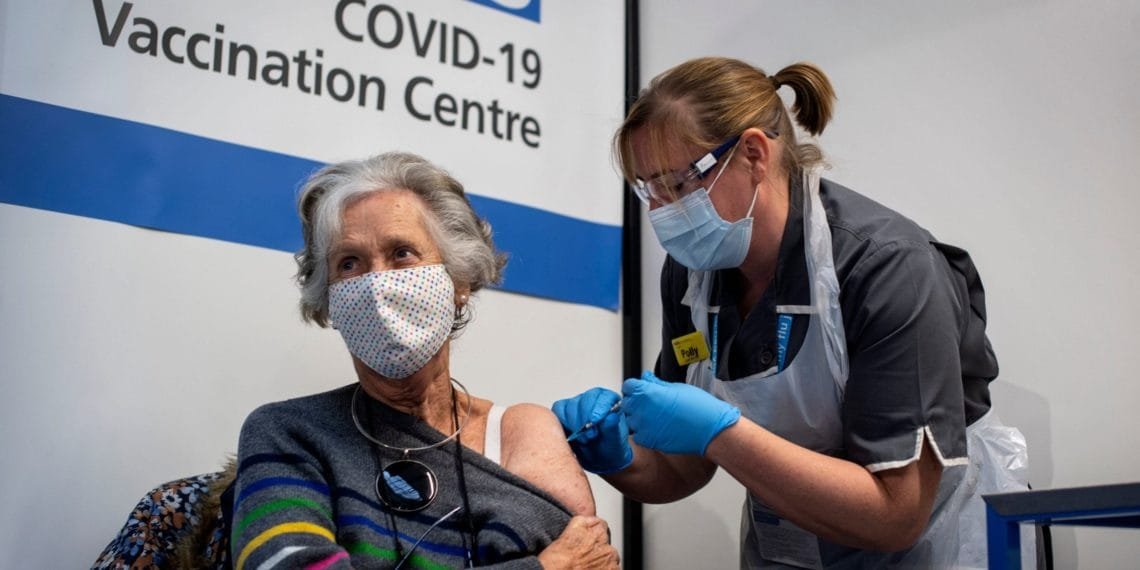The World Health Organization (WHO) has posited that Europe’s vaccination rollout has been “unacceptably” slow, thereby prolonging the pandemic. europe
A WHO report on the situation in Europe states that “variants of concern” are continuing to spread across the continent. This, WHO indicates, causes the “strain on hospitals to grow”, so speeding up the vaccination rollout is “crucial”.
Adding to the report, Dr Hans Henri Kluge, WHO regional director for Europe called on European countries to put measures in place to speed up the vaccine rollout.
“Vaccines present our best way out of this pandemic. Not only do they work, they are also highly effective in preventing infection.
“…as long as coverage remains low, we need to apply the same public health and social measures as we have in the past, to compensate for delayed schedules.
“Let me be clear; we must speed up the process by ramping up manufacturing, reducing barriers to administering vaccines, and using every single vial we have in stock, now”.

According to the WHO, to date, only 10% of Europe’s total population has received a first vaccine dose. And also, only 4% has completed a full vaccine course.
The report adds that 27 countries in Europe are in a partial or full nationwide lockdown, with 21 imposing night time curfews. It also states that in the past two weeks, 23 countries have intensified restrictions while 13 have eased measures.
Presence of UK variant in Europe, a concern
WHO also averred that the presence of the B.1.1.7 variant, popularly called the UK variant, poses a greater public risk.
According to the organization, last week saw increasing transmission of COVID-19 in the majority of countries in Europe. It recorded 1.6 million new cases and close to 24,000 deaths.
The report also reveals that the total number of COVID deaths across the continent is fast approaching a million. And the number of cases recorded is about to surpass 45 million.

Dr Dorit Nitzan, regional emergency director for the WHO Europe, intimated that “the region’s situation is more worrying than we have seen in several months.”
“Only five weeks ago, the weekly number of new cases in Europe had dipped to under a million. This variant is more transmissible and can increase the risk of hospitalization. It has a greater public health impact and additional actions are required to control it.”
The EU has acknowledged that the “weak spot” in the bloc’s vaccination program is its over-reliance on vaccines by AstraZeneca. The EU said it ordered at least 300 million doses from AstraZeneca. However, the company’s deliveries have been tens of millions of doses short of agreed quarterly targets.
AstraZeneca has, on the other hand, cited lower-than-expected yields from its EU plants as the reason for the shortfall. Several countries also suspended the use of the AstraZeneca vaccine to investigate blood clot reports, thereby causing delays.
Read Also: Paperless system achieves significant milestone- Michael Luguje
.






















